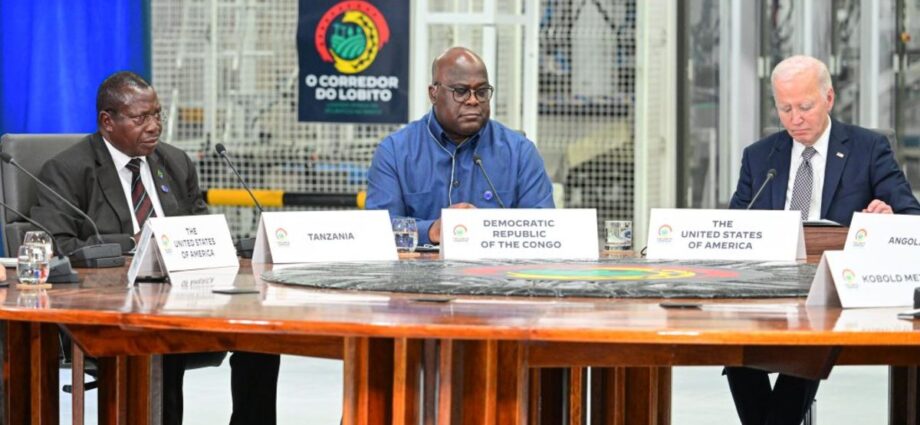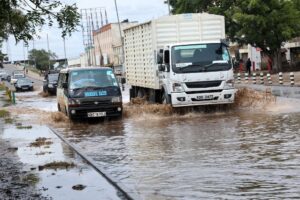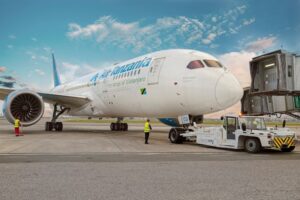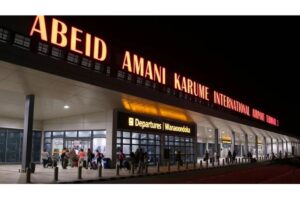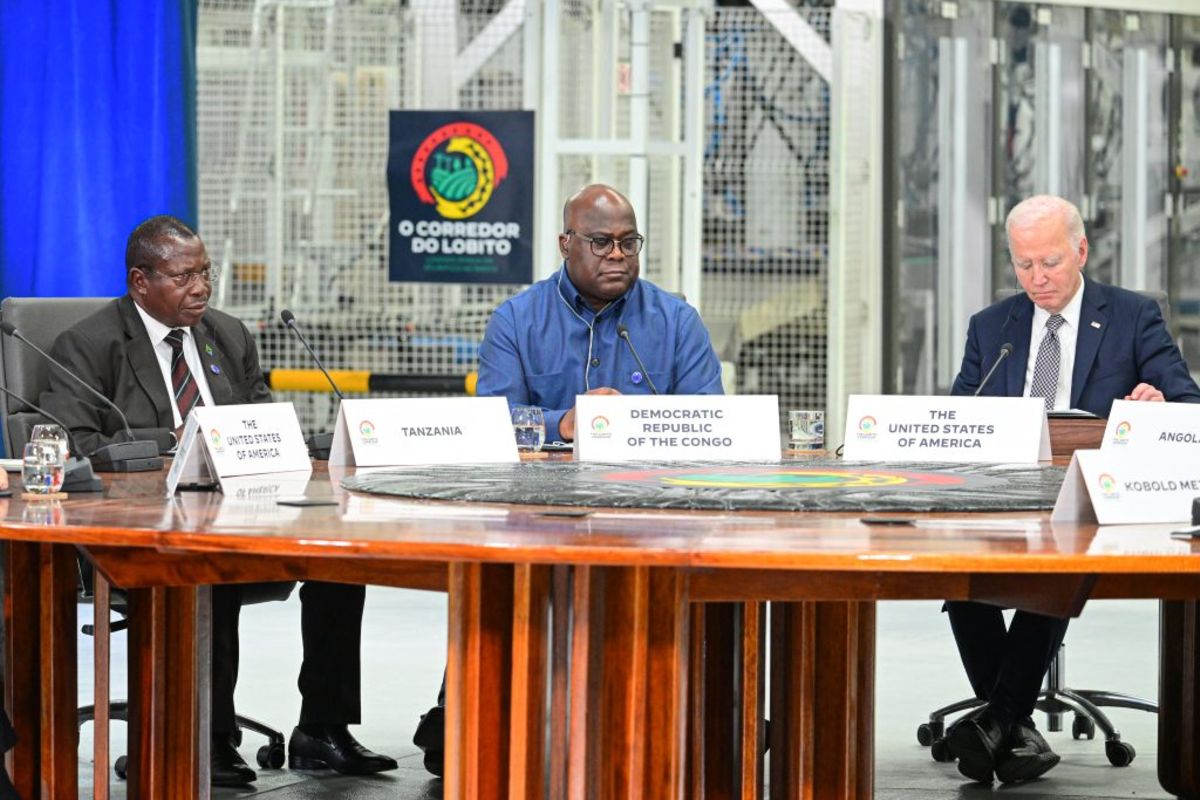
US President Joe Biden on Wednesday ended his three-day tour of Africa with pledges to strengthen cooperation with Angola, Democratic Republic of Congo (DRC), Tanzania and Zambia through the transnational Lobito Corridor project.
President Biden said that the US valued the continent, unlike its direct competitors China and Russia.
In Luanda on Tuesday, he said the future of the world is in Africa as the continent is poised to be the world’s largest economy in 20 years.
According to official data, since the start of the Biden-Harris Administration in January 2021, the US government, in support of the Prosper Africa Initiative, has closed 1,695 deals valued at $63.5 billion in 41 African countries.
But China also showed that it wanted to maintain its dominance in continent with projects and infrastructures almost everywhere.
As of the end of 2023, the Asia giant’s cumulative direct investments in Africa had surged past the $40 billion mark, and for the 15th consecutive year.
China has firmly cemented its status as Africa’s number one trading partner. Trade between China and Africa surged to $282.1 billion last year.
President Biden cited some 1,200 new business deals between African and American companies worth $52 billion, covering solar energy, telecom, finance, infrastructure, and airlines.
“And today, I’m announcing over $1 billion in new humanitarian support for Africans displaced from homes by historic droughts and food insecurity,” he said.
On Monday, the White House National Security Communications Adviser said that they were not asking countries to choose between them and Russia and China. John Kirby said they were simply looking for “reliable, sustainable, verifiable investment opportunities that the people of Angola and the continent can rely on, because too many countries have relied on spotty investment opportunities and are now racked by debt.”
Under President João Lourenço’s administration, Angola has partially distanced itself from Russia and China and leaned towards the US.
But Angola is one of China’s biggest s in Africa, and Russia used to be the country’s largest arms supplier during the civil war and training destination for its top army generals.
In Benguela province, President Biden visited the Lobito port, one of the most important infrastructure in the Lobito Corridor, and witnessed the arrival of a train from the DRC carrying copper for export to the American city of New Orleans.
The corridor covers the mining areas of Katanga province in the DRC and the Copperbelt in Zambia. This adds to the planned railway to connect the Angolan port city of Lobito to the Tanzanian port city of Dar es Salaam, through the Zambian city of Kapiri Mposhi.
According to the Angolan government, in the 1970s, this was one of the most profitable railways in the world, transporting 3.3 million tonnes of cargo a year.
The Lobito tour also involved the host Presidents Lourenço, Felix Tshisekedi of DRC, Hakainde Hichilema of Zambia and Tanzania’s Vice-President Philip Mpango.
The US leader announced some $560 million in new funding for the Trans-Africa Corridor.
The five leaders discussed the transformative impact the corridor has had on enhancing access to the critical minerals needed for the clean energy transition and digital connectivity, strengthening food security, boosting regional trade, and empowering communities on the corridor.
To date, US banks and international partners have mobilised over $6 billion for investment along the Lobito Trans-Africa Corridor.
When complete, Lobito will connect Africa from the Atlantic Ocean to the Indian Ocean, making global supply chains more resilient and creating more economic opportunities for communities.
President Lourenço said his government was planning to optimise this important international and transcontinental infrastructure,” while Tshisekedi hoped it would improve the living conditions of the local population.
“The Lobito Corridor is a unique opportunity for regional integration, economic transformation,” the Congolese leader said.
President Hichilema said the project was not only important for the four nations but the Southern African Development Community partners and the continent.
Dr Mpango acknowledged the US support, noting that it reflects the on-going strategic partnership with the continent.

